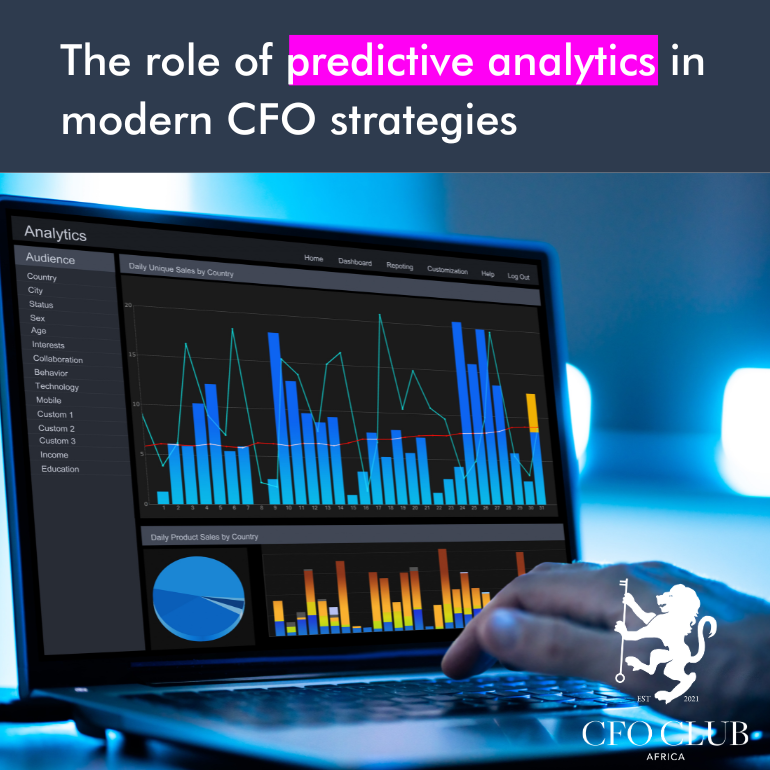In the evolving role of a Chief Financial Officer (CFO), mastering risk management, budgeting, and forecasting tools is crucial. These competencies not only strengthen the financial backbone of an organisation but also prepare it to navigate through uncertainties and market volatility.
Risk Management: Effective risk management is a multifaceted approach, involving more than just financial analysis. It requires a comprehensive understanding of various risks, including catastrophic, geopolitical, and operational risks. A CFO’s role is to identify, evaluate, and mitigate these risks through strategic planning, ensuring the integration of risk management processes across all departments of the organisation. Regular reporting and reassessment of risk exposures are key to maintaining a robust risk management strategy.
Budgeting and Forecasting
Traditional budgeting and forecasting often rely on static, single-point estimates, which can overlook the complexities and interconnections of various risk factors. A shift towards risk-adjusted forecasting is essential. This approach uses analytical modeling to generate a range of possible outcomes and probabilities, considering multiple risk variables. It allows CFOs to visualise the impact of volatility on financial forecasts and make more informed decisions. This method also helps in strategic planning by providing a clearer understanding of asset performance, capital allocation, and profitability in the context of associated risks.
Leveraging Technology in Forecasting
The integration of machine-powered forecasting, or predictive analytics, into the financial planning and analysis function is becoming increasingly important. This technology offers the bandwidth to overcome analytical constraints, enabling more accurate and comprehensive forecasts. However, challenges such as fragmented data, inconsistent processes, and the need for skilled talent can impede the effective integration of this technology. CFOs must address these challenges by focusing on data quality, system upgrades, and user training to fully leverage the potential of predictive analytics.
In summary, the role of a CFO in today’s dynamic business environment extends beyond traditional financial management. It demands a proactive approach in managing risks, budgeting, and forecasting. By integrating risk-adjusted methods and embracing advanced technological tools, CFOs can better navigate their organisations through uncertain times, ensuring sustainable growth and resilience.

